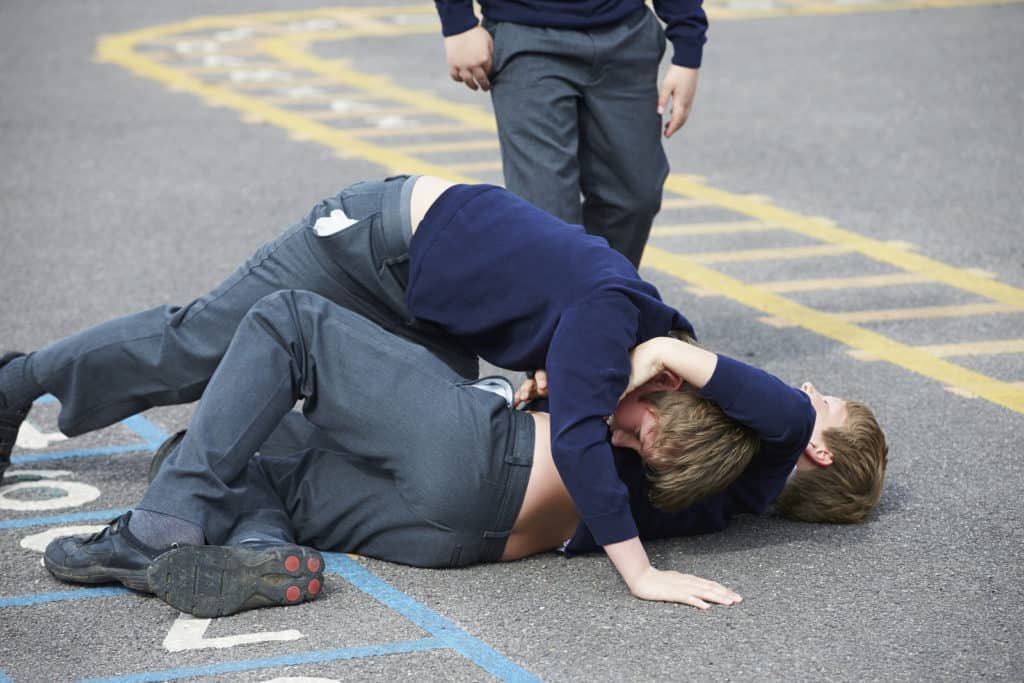A new Virginia law will encourage schools to seek alternatives to suspensions, which have been linked to academic failure and leave students behind on their assignments.
The law will go into effect on July 1, and asks the Virginia Board of Education to “establish guidelines for alternatives to short-term and long-term suspension for consideration by local school boards. Such alternatives may include positive behavior incentives, mediation, peer-to-peer counseling, community service, and other intervention alternatives.”
The suspension law comes after two identical bills were passed by Governor Terry McAuliffe earlier in the year: Senate Bill 829 and House Bill 1924. HB 1924 was sponsored by Del. Lamont Bagby, while SB 829 was sponsored by Senator Jennifer Wexton. Senator Jennifer McClellan co-sponsored both bills.
Lawmakers had attempted to address the suspension issue in the past, calling for limits on the number of suspensions in secondary schools and eliminating them completely in primary schools.
“The VEA lobbied against the prior legislation due to the fear that the inability to suspend would automatically default to expulsion, exacerbating the problem,” said Jim Livingston, Virginia Education Association President.
In the 2014-2015, public schools in Virginia issued over 125,000 suspensions to more than 70,000 students, according to McClellan. Almost 16,000 suspensions were handed to students in the pre-K to third grade range.
McClellan said “half of all out-of-school suspensions were for cellphones, disruption, defiance, insubordination, disrespect and attendance.”
She noted that a greater prevalence of unconventional home situations, suicide and drug use were all contributing factors to children behaving inappropriately. She also added that a cut to funds for support staff in schools, such as counselors, psychologists and social workers, is preventing the school from addressing the root cause of the issue.
McClellan is hopeful that the new law will encourage schools to consider alternatives to suspension, such as peer-to-peer counseling.
“If a student is being taken out of school, that is counterproductive. But if the focus shifts to addressing the behavior they’re being put out for, that’s constructive,” she said.



